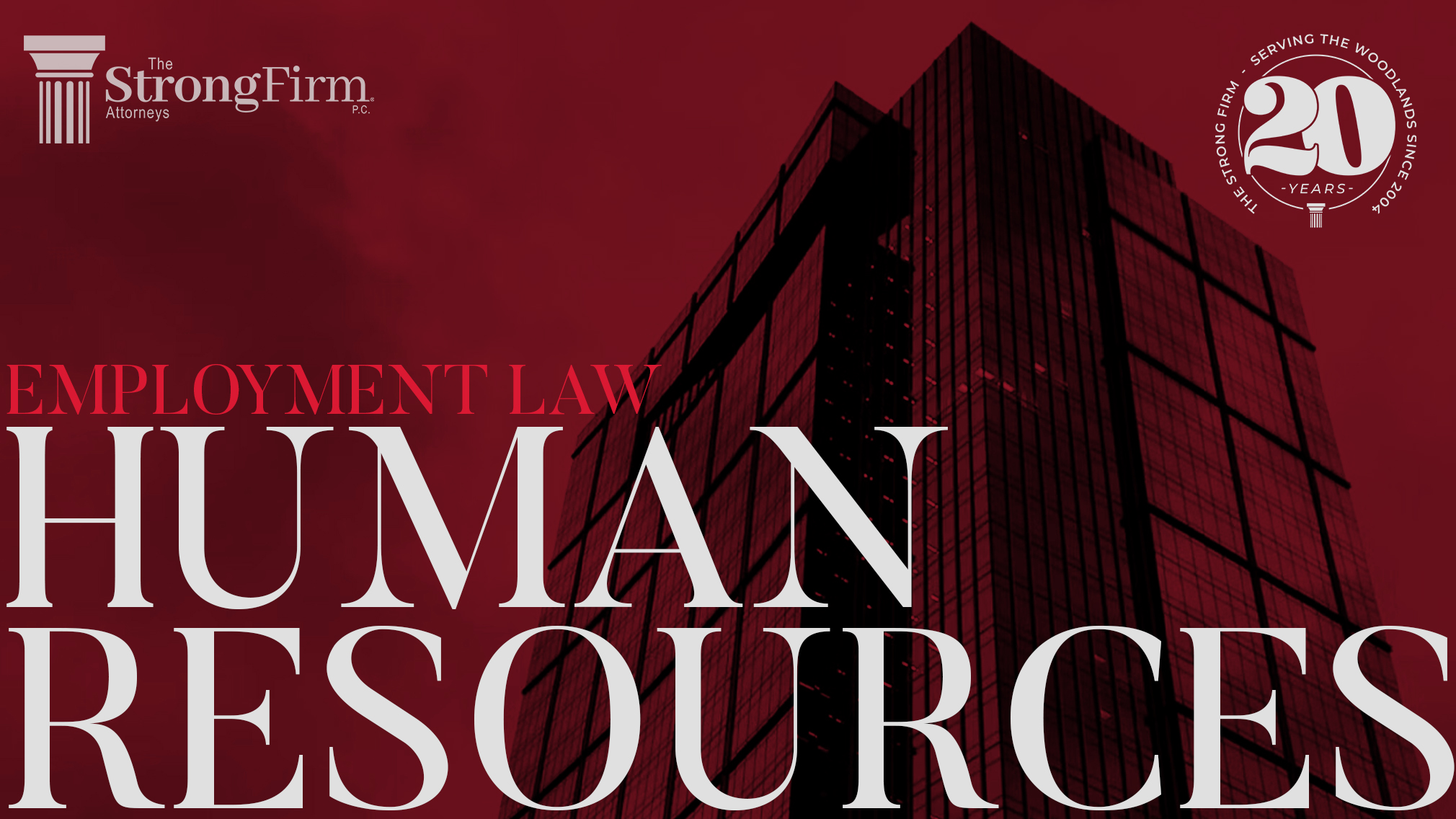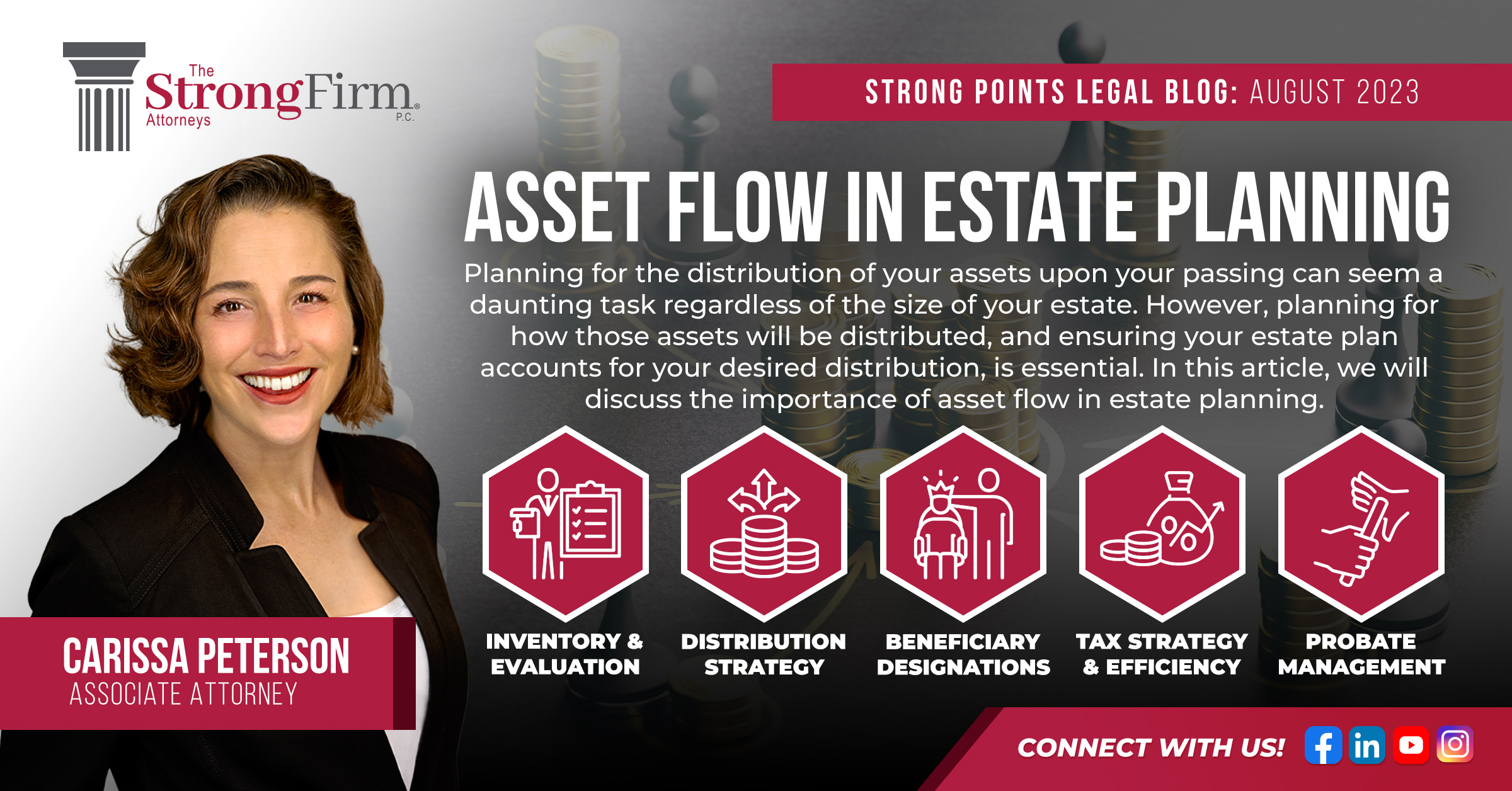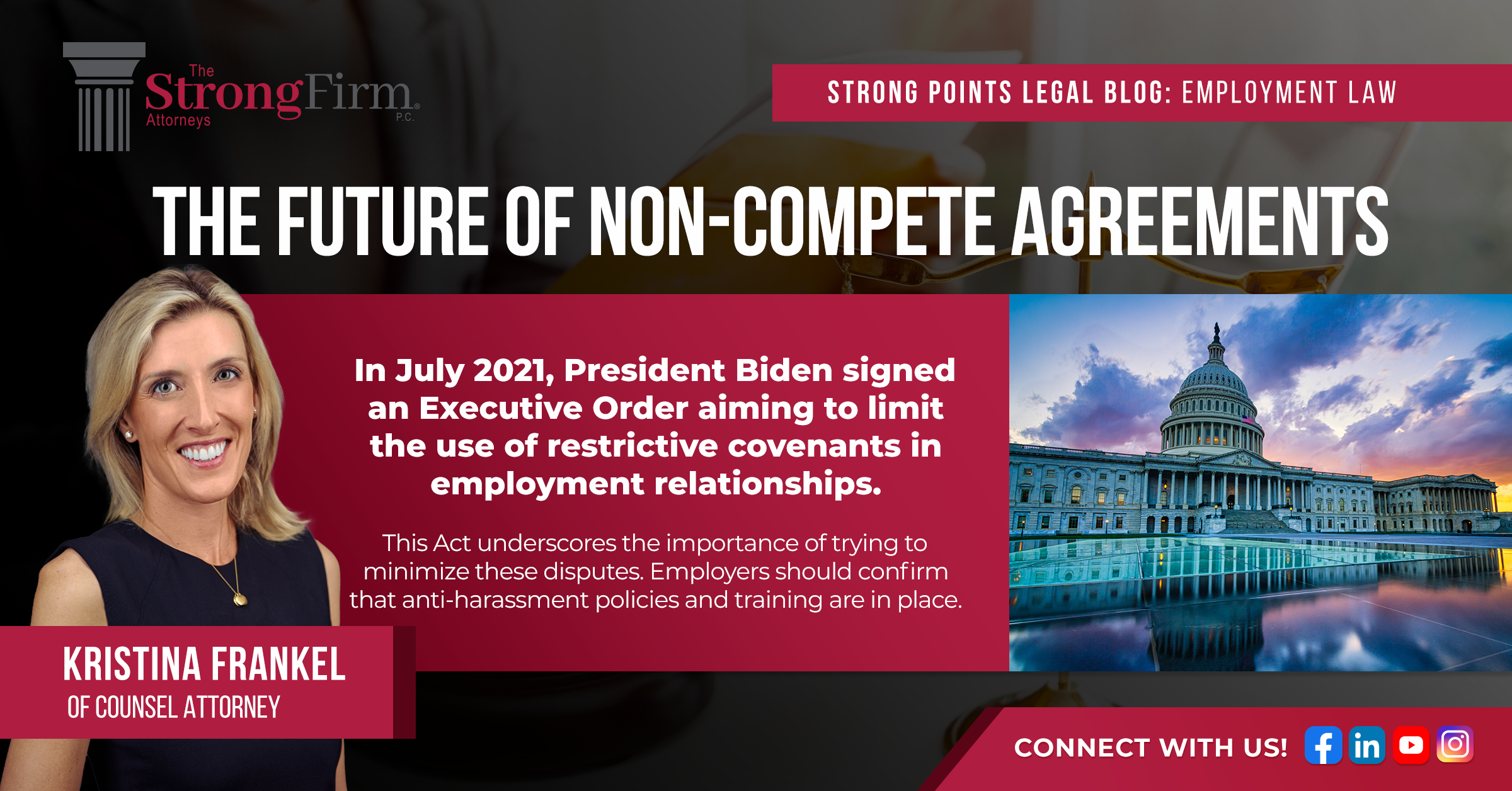A partnership is the default business arrangement between two or more individuals that go into business together. Therefore, the failure to define the understood business arrangement between two or more people can result in litigation asserting that a common law partnership was formed. Indeed, partnership litigation often catches at least one “partner” completely off guard because it was never intended, envisioned, discussed or understood as a possible result of their combined efforts towards success.
No single factor determines whether a partnership was intended between individuals. Rather, Texas courts look to the totality of the circumstances to determine whether a partnership exists with particular focus on the following factors:
(1) Receipt or right to receive a share of profits of the business;
(2) Expression of an intent to be partners in the business;
(3) Participation or right to participate in control of the business;
(4) Agreement to share or sharing:
(a) losses of the business; or
(b) liability for claims by third parties against the business; and
(5) Agreement to contribute or contributing money or property to the business.
Although not determinative, courts have historically placed a special emphasis on the first factor. However, we can all identify business relationships that involve shared profits that are not intended to result in joint ownership of the business, such as sales commissions, performance based compensation for managers/general managers/consultants, etc…. When we properly structure and document those arrangements there is little opportunity to argue that the parties intended to enter into a partnership.
By contrast, litigation is a frequent result of parties proceeding with a verbal understanding and a hand shake because somewhere along the way the actual owner may unwittingly run afoul of one (or more) of the other factors without any intention of sharing ownership of the business. For instance, a general manager is expected to make business decisions regarding the operations of a store or restaurant. Likewise, an equity owner that hires a key manager to operate a business that the owner lacks knowledge to operate may refer to that key manager as a “partner” or sign (or allow the manager to sign) forms that refer to that manager as an “owner” or “partner” as a practicality toward everyday operations.
A person with a colorable claim may bring suit to assert the existence of a partnership when relations turn bad. If a partnership exists, then all of the rights and duties of a partnership are owed regardless of whether they are 50/50 or 90/10 partners. In a partnership, either partner acting alone has the authority to bind the partnership, both partners are 100% liable for actions or debts of the partnership, and partners owe each other fiduciary duties. Accordingly, it is essential that parties in a business arrangement properly document their business arrangements. Not only will a written agreement help to identify misunderstandings between the parties, it will control any later claim that one party was intended to have an ownership interest in the business and its assets.
Royce Lanning
Phone: 281-367-1222
Fax: 281-210-1361




























